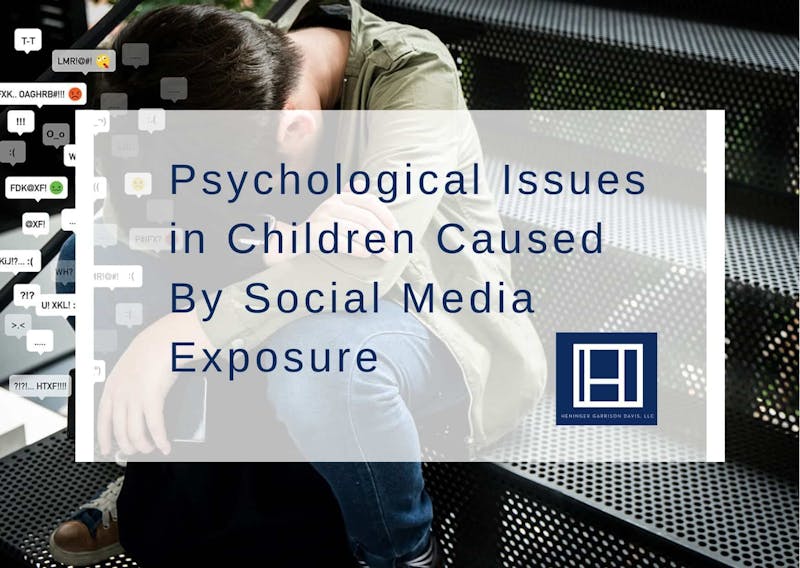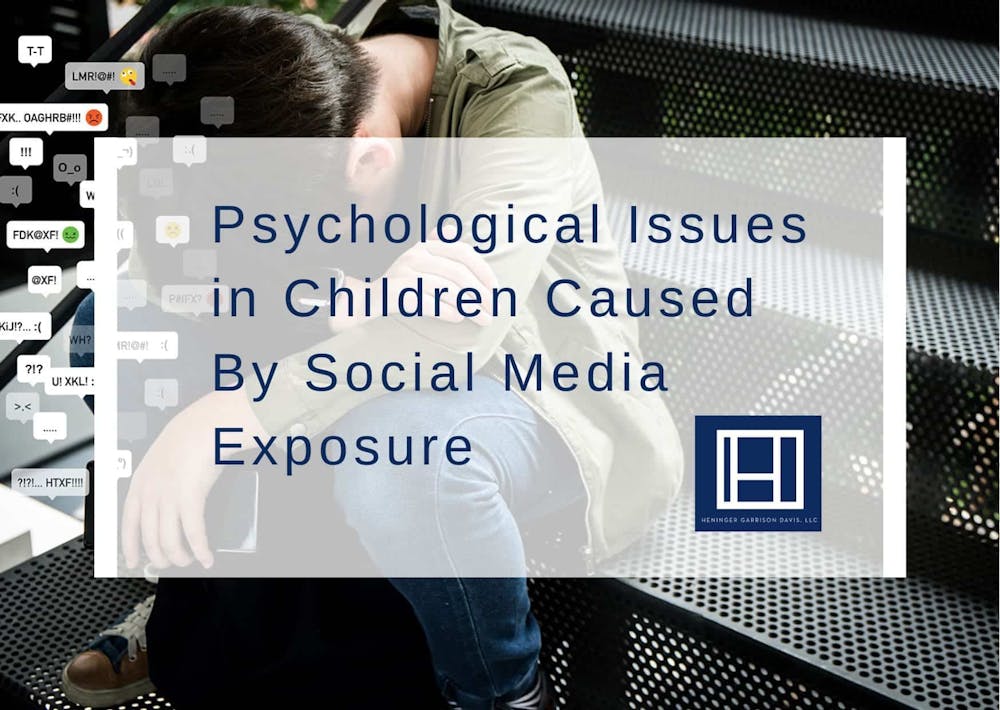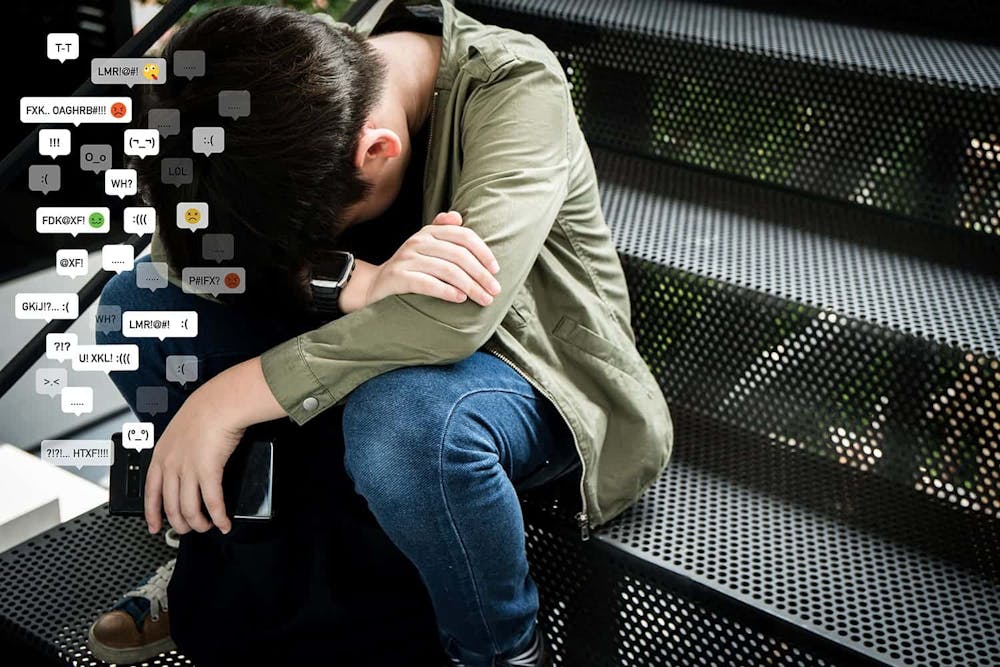

Children are vulnerable to social media exposure, which can cause severe psychological challenges, such as anxiety, depression, and suicidal thoughts. As children and teenagers increase the amount of time they spend on social media, the percentage of youth suffering from mental health problems has continued to rise. Suicidal ideation, eating disorders, self-harm, and other mental health problems have been seen in children as young as 10.
Researchers are just beginning to understand the true cost of social media exposure for minors, but recent studies have shown a mental health crisis among children. Social media companies are largely unregulated and seem to put profit ahead of the well-being of innocent children, adolescents, and teenagers. Some of the mental health conditions resulting from heavy social media use include the following:
- Depression
- Anxiety
- Eating disorders, including bulimia, anorexia, and binge eating
- Body dysmorphia, which includes an obsessive focus on a perceived flaw in appearance
- ADHD/ADD
- Inability to concentrate, lack of focus
- Thoughts of self-harm and self-harm
- Suicidal ideation, attempted suicide, and suicide
Mental Disorders Connected to Social Media Exposure
Social media addiction among young people has become hugely proud problematic. American Psychiatric Association’s 2013 Diagnostic and Statistical Manual of Mental Disorders (DSM-5), the manual used by mental health professionals to diagnose patients with mental health disorders, has listed social media addiction as a mental health disorder.
The symptoms of social media addiction include the following:
- Using social media to relieve negative moods, such as hopelessness or guilt
- Preoccupation with social media
- Withdrawal symptoms, such as anxiety, irritability, and sadness when social media is taken away
- Inability to reduce social media usage
- Loss of interest in other activities due to social media usage
- Jeopardizing relationships, school, or work performance due to social media usage

Schedule a Free Legal Consultation Contact Us
Children are Vulnerable
Studies have shown that children may be more vulnerable to mental health problems caused by heavy social media use than adults. While adults are also at risk, children’s brains are developing, and heavy social media use could inhibit their development, making them particularly vulnerable. Suicidal ideation among teenagers continues to increase, and researchers have linked greater time spent on social media sites with self-harm behavior and suicidal ideation in adolescents who are vulnerable.
A recent study published in JAMA Psychiatry demonstrates teenagers who use social media more than three hours a day are more likely to suffer from mental health conditions such as aggression, anxiety, and anti-social behavior. Heavy use of up to nine hours a day is more likely to trigger feelings of depression, anxiety, and isolation and young users, according to research presented in a Journal of Social and Clinical Psychology study.
A recent article by The Wall Street Journal included testimony from a former Facebook employee who resigned. She released internal documents, including reports, discussions with employees, and drafts of senior management. This information stated that Facebook allegedly hid information, lying to the public about multiple issues, including the negative impact on young social media users’ mental health. Facebook and Instagram may have known about the mental health problems caused by their platform and failed to fix the issues. Instead, they may have made the problem worse through their algorithms.
Addictive Psychological Features Can Harm Children for Profit
Evidence shows that Facebook and Instagram algorithms prioritize increasing users’ time spent online over the users’ safety. Young users, including children, could be easily steered away from innocent content that may not hurt their mental health, such as healthy recipes. Instead, the algorithm may push them toward dangerous content, such as content promoting anorexia, especially in young girls.
Recovering Compensation When Social Media Companies Fail to Protect Young Users
Recent allegations against popular social media platforms, including Snapchat, Instagram, and Facebook have arisen that these companies intentionally and deliberately created their social media platforms without regard for the safety of children. Social media companies may have marketed themselves as safe for children, knowing the negative health effects associated with the use of their platforms. They may have failed to verify users’ ages and created algorithms designed to increase addiction among children.
Discuss Your Case With a Skilled Personal Injury Attorney
If you or your child has attempted suicide, engaged in other types of self-harming behavior, or has been diagnosed with a mental health disorder that you believe is worse because of social media use, we are here to help. The personal injury attorneys at Heninger Garrison Davis will carefully review your case and help you understand your legal options. We have a proven track record of successfully recovering compensation on behalf of our clients. Contact Heninger Garrison Davis to schedule a free case evaluation with an Alabama personal injury attorney.

